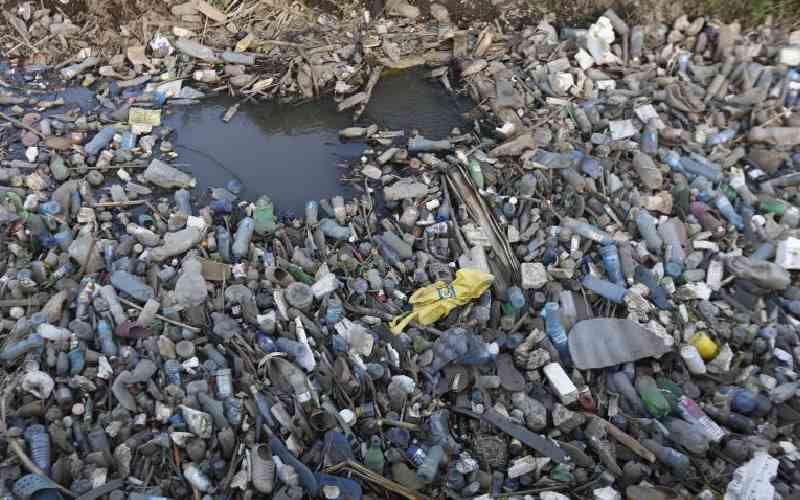×
The Standard e-Paper
Stay Informed, Even Offline

Following the landmark resolution adopted in march 2022 at UNEA-5 in Nairobi to end plastic pollution, committees and negotiators have continued engagements to foster stronger cooperation and coordinated actions in the environmental agenda towards a legally binding treaty.
In December 2022, delegates, researchers and scientists will meet in Punta del Este, Uruguay, for the first Intergovernmental Negotiating Committee (INC-1) meeting of the Plastics Treaty.